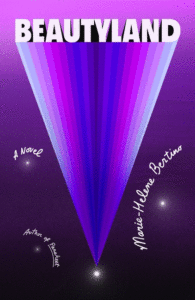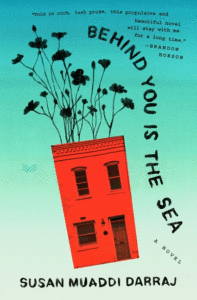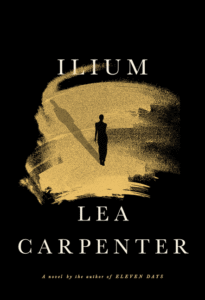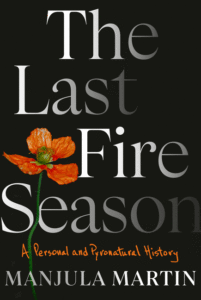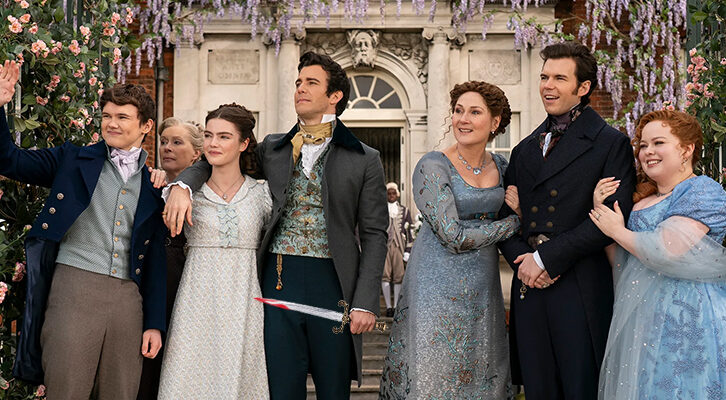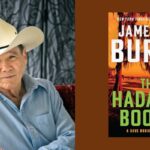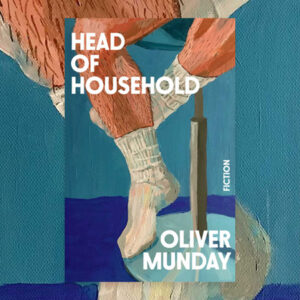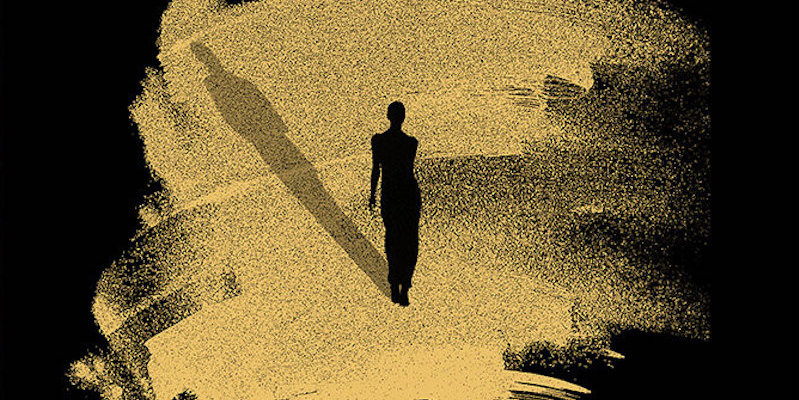
What Should You Read Next? Here Are the Best Reviewed Books of the Week
Featuring New Titles by Marie-Helene Bertino, Susan Muaddi Darraj, Rebecca Boyle, and More
Marie-Helene Bertino’s Beautyland, Susan Muaddi Darraj’s Behind You Is the Sea, and Rebecca Boyle’s Our Moon all feature among the Best Reviewed Books of the Week.
Brought to you by Book Marks, Lit Hub’s home for book reviews.
*
1. Beautyland by Marie-Helene Bertino
(Farrar, Straus and Giroux)
9 Rave
“…astonishing … Never mind the fault in our stars…this is a book that exults in them … An ineffable sadness and sense of resignation hang over Beautyland, which refuses to give in to sentimentality or serendipity or the idea of everything working out for a reason. It’s the second novel I’ve reviewed in six months that invokes Thornton Wilder’s Our Town, the first being, more obsessively, Ann Patchett’s best-selling Tom Lake. Adina is cast not as Emily, like Patchett’s heroine, but as the narrator, which feels deeply significant. Being an alien here might just be a metaphor for the difficult blessing of feeling enough apart from the thrum of life on Earth to report on its goings-on: to tell a story.”
–Alexandra Jacobs (The New York Times)
2. Behind You Is the Sea by Susan Muaddi Darraj
(HarperVia)
5 Rave • 1 Positive
Read Susan Muaddi Darraj’s essay on finding inspiration in the lives of ordinary Palestinians here
“Susan Muaddi Darraj’s powerful debut novel-in-stories, Behind You Is the Sea, depicts multiple immigrant Palestinian families in Baltimore, whose lives intertwine in unexpected ways. Darraj uses a kaleidoscopic point of view, dropping the reader into a character’s life at a pivotal moment, then switching to another character later in time, providing a multifaceted look at their community … Other stories illuminate the difficulties of living in diaspora, from making a living, adjusting to a different culture, experiencing racism and classism and navigating generational conflicts over changing values … moments of insight and empathy limn Darraj’s novel, shining through the sadness and tension of her characters’ lives.”
–May-lee Chai (The Star Tribune)
3. Ilium by Lea Carpenter
(Knopf)
5 Rave • 1 Pan
“While Carpenter knows how to dish out the dread that a spy story needs, what makes Ilium intriguing are the characters … This is the sort of moral ambiguity that seems to fascinate Carpenter, the way living a double life and every day making your cover, that critical and deeply embedded lie, feels real to everyone around you. It’s also what makes Ilium such an unexpectedly moving novel.”
–Chris Bohjalian (The New York Times Book Review)
**
1. The Last Fire Season: A Personal and Pyronatural History by Manjula Martin
(Pantheon)
4 Rave • 2 Positive • 1 Mixed
Read an excerpt from The Last Fire Season here
“Powerful … Grounded…surprising … She braids together strands of various histories—a personal one, along with the larger story of humans and fire—all set against the background of the summer and fall of 2020, when both the pandemic and wildfires were raging … The range of this book coaxes us to confront our own failures of imagination.”
–Jennifer Szalai (The New York Times)
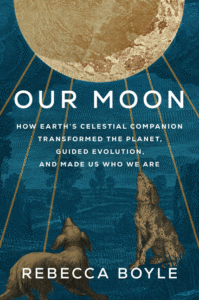
2. Our Moon: How Earth’s Celestial Companion Transformed the Planet, Guided Evolution, and Made Us Who We Are by Rebecca Boyle
3 Rave • 3 Positive
Read Rebecca Boyle’s essay, “Motherhood and the Moon,” here
“Boyle walks the reader through a history of both Earth and humanity, from the formation of our planet and the evolution of life to the development of civilization, religion, philosophy and, eventually, science … Boyle, whose graceful writing is as lulling as a bedtime story, paints the moon as more than just a driver of physical phenomena … Boyle finds the moon in places I would never think to look. And she has convinced me that though our connection to it is ever-changing, the moon perseveres as a source of knowledge, wonder and influence—and is anything but dull … Timely … Makes the moon feel closer than ever.”
–Katrina Miller (The New York Times Book Review)
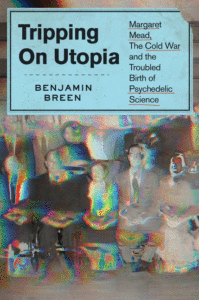
3. Tripping on Utopia: Margaret Mead, the Cold War, and the Troubled Birth of Psychedelic Science by Benjamin Breen
(Grand Central)
3 Rave
“Breen blends fleet-footed biography with an accessible analysis of mid-20th-century research into ‘psychedelic’ experiences … Breen artfully weaves Mead’s biography with fascinating details of the sprawling psychedelics scene (producers of the TV show Flipper took acid). The result is a riveting exploration of a shadowy episode in 20th-century history.”
Book Marks
Visit Book Marks, Lit Hub's home for book reviews, at https://bookmarks.reviews/ or on social media at @bookmarksreads.










